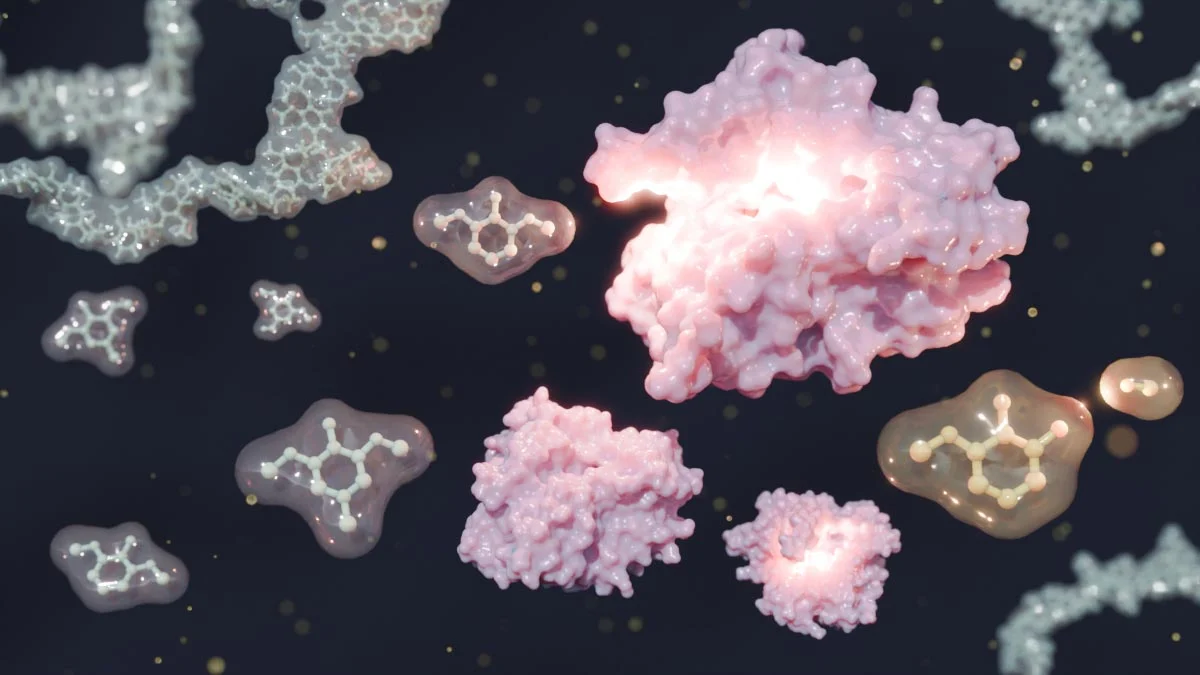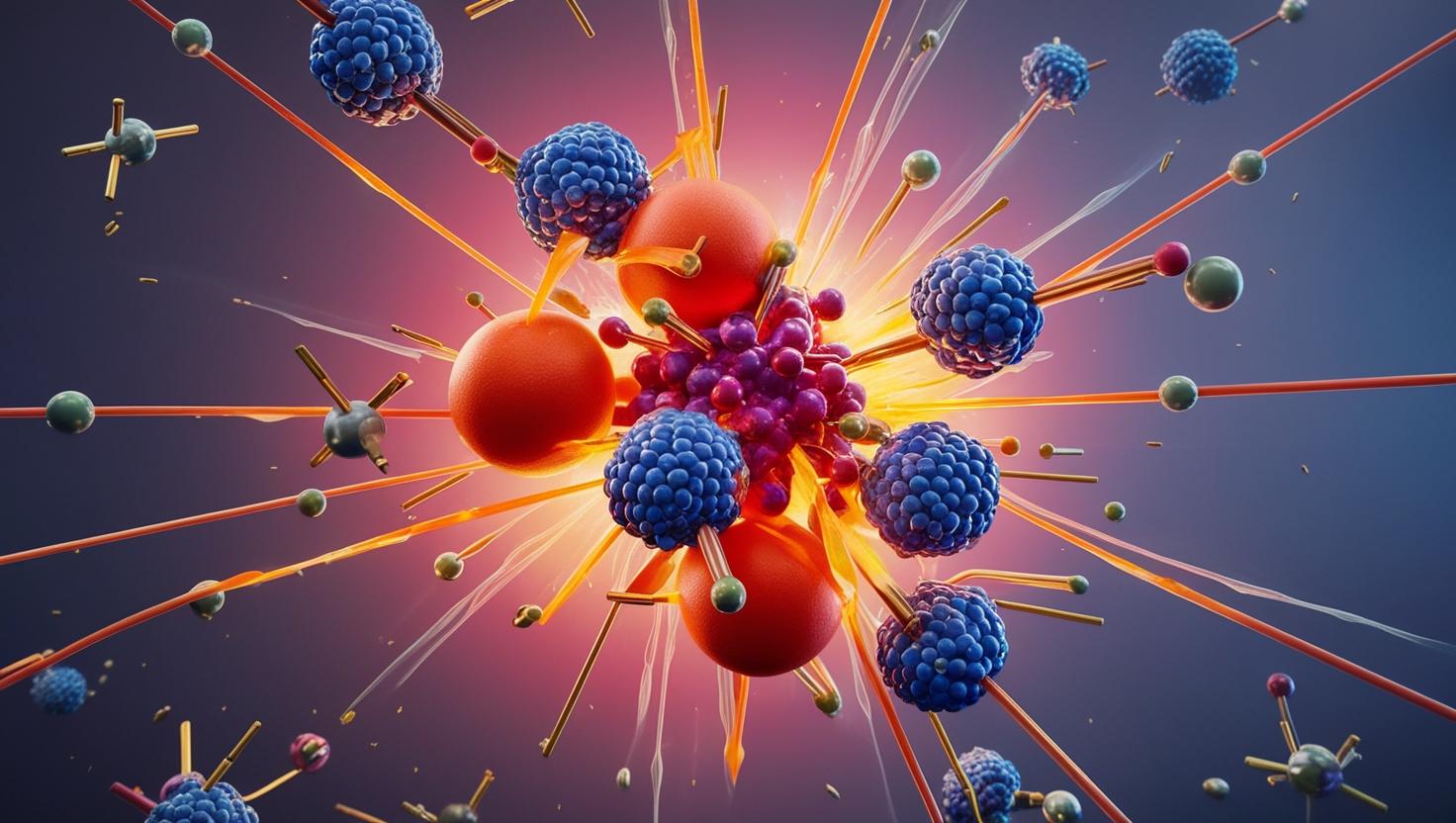Image by StockSnap from Pixabay
A Biological Puzzle Worth Solving
Picture two individuals exposed to the same virus. One recovers quickly, while the other struggles. Although they share the same environment, their bodies respond differently. What causes this? The answer lies in our biology. New research reveals how sex-based differences in hormones, immune systems, and genetics shape how diseases affect people of different genders.
Hormones: Tiny Messengers With a Big Impact
Estrogen and Testosterone Affect Immunity
Sex hormones do more than regulate reproductive traits. They also influence how the body defends itself.
Estrogen
This hormone often strengthens the immune system. While it can offer stronger protection against infections, it may also increase the risk of autoimmune diseases.
Testosterone
In contrast, testosterone tends to lower immune activity. This might make individuals more vulnerable to infections but less likely to develop autoimmune conditions.
Why Hormone Fluctuations Matter
For many individuals, hormone levels change over time—during menstruation, pregnancy, or menopause. These shifts affect how the immune system reacts to illnesses. For example, during pregnancy, the immune response adjusts to support both the parent and the developing baby.
Genes and Chromosomes: The Hidden Blueprint
The X Chromosome’s Immune Advantage
Those with two X chromosomes often show stronger immune responses. This is because some immune-related genes on the X chromosome are more active. That boost in activity can help fight infections but also raises the chance of immune disorders.
Gene Activity
Some X-linked genes escape inactivation, meaning they stay active in both copies—leading to higher expression of immune-related proteins.
Risk Differences
Genetic mutations on the X chromosome can cause immune system disorders. However, the effects may differ depending on the number of X chromosomes a person has.
The Overlooked Role of the Y Chromosome
Although the Y chromosome is smaller, it isn’t silent. It carries genes that affect how the immune system responds. Some of these genes may be linked to increased risk of heart disease in individuals with Y chromosomes.
The Brain’s Response to Disease Also Differs
Hormones and the Nervous System
Sex hormones influence brain chemistry, too. As a result, certain brain disorders show different patterns depending on hormonal differences.
Alzheimer’s Disease
More common in individuals after menopause, possibly due to estrogen decline and its effect on brain energy use.
Parkinson’s Disease
Seen more often in people with higher testosterone levels, potentially due to differences in dopamine regulation.
Why Medical Research Must Be Inclusive
A History of One-Sided Research
For decades, most medical studies focused on male bodies. This left large gaps in our understanding of how diseases affect others differently. As a result, many treatments are less effective or even harmful for people who were not represented in trials.
Personalized Medicine for Everyone
Recognizing biological and hormonal differences allows for better care. Medical research now aims to consider a broader range of human diversity.
Drug Dosage
People metabolize medicine differently. A one-size-fits-all dose may not work equally for everyone, so gender-based dosing is essential.
Balanced Clinical Trials
By including diverse participants in studies, researchers can gather more accurate data—leading to better outcomes for all.
The Future of Health Is Personalized
Understanding how gender and biology shape disease is a major step toward fair and effective healthcare. It’s not about dividing people—it’s about making medicine work for everyone.
Reference: “Sex differences in the genetic regulation of the human plasma proteome” by Mine Koprulu, Eleanor Wheeler, Nicola D. Kerrison, Spiros Denaxas, Julia Carrasco-Zanini, Chloe M. Orkin, Harry Hemingway, Nicholas J. Wareham, Maik Pietzner and Claudia Langenberg, 13 May 2025, Nature Communications.
DOI: 10.1038/s41467-025-59034-4
Want to Know More?
Could these biological differences explain why people respond differently to COVID-19 or future pandemics? Keep exploring the latest discoveries on DailySciTech.com.
Want to Know More?
Could these biological differences explain why people respond differently to COVID-19 or future pandemics? Keep exploring the wonders of science through our Daily science news 2025 and popular science articles. From new science research 2025 to health and biology news, and from environmental issues 2025 to the latest AI and robotics news, DailySciTech.com is your go-to source for Sci news updates today. Whether you’re into latest tech innovation in science, global warming updates 2025, or just want the best science blogs, stay curious and connected with the most exciting science and technology news from around the world—including the latest tech news in USA and Australia!










